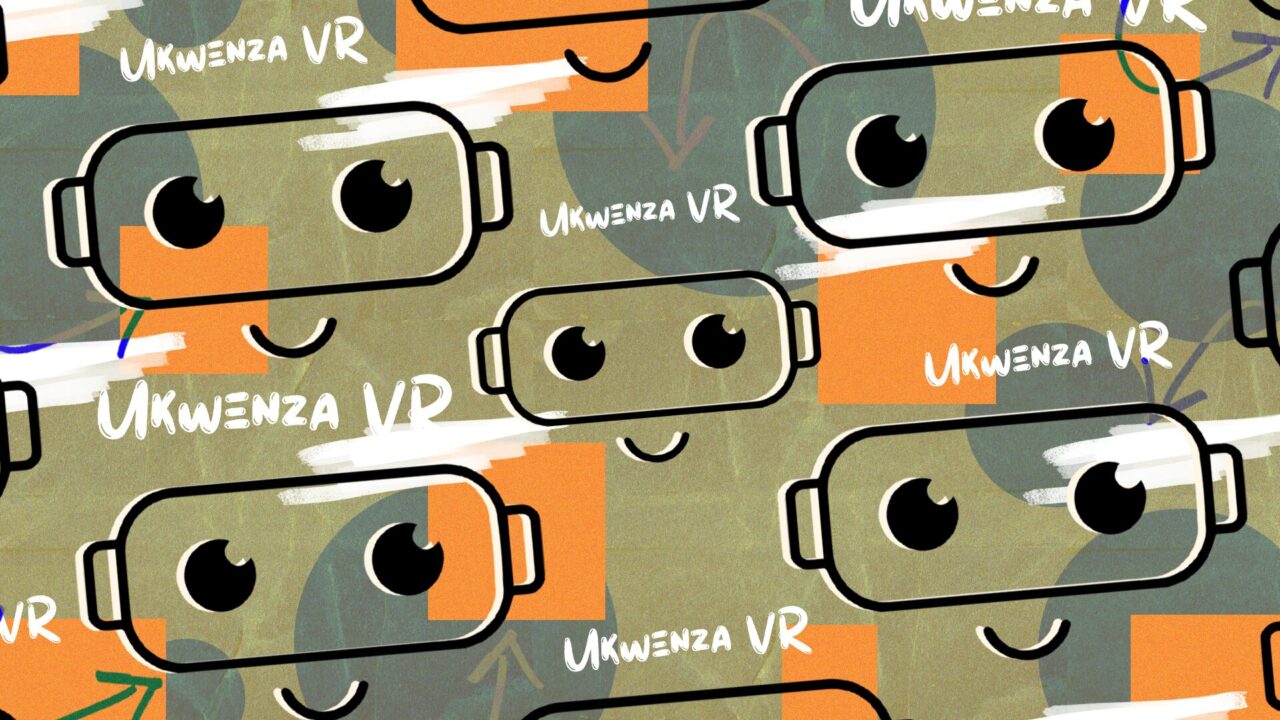Kenyan startup Ukwenza VR is using virtual reality technology to improve young people’s understanding of environmental challenges such as plastic pollution and climate change.
Despite the efforts of governments, organizations, and the private sector, the utilization of technology in most African countries is still expensive.
Digital devices like laptops and tablets continue to be accessible mainly to privileged students, predominantly in private schools. Despite the global advancements in educational technology, millions of children from poor backgrounds are unable to grasp the full reality of the effects of climate change.
By immersing vulnerable students in virtual environments, Ukwenza VR is revolutionizing the way young Kenyans learn about plastic pollution and the dangers of climate change, paving the way for a more sustainable future.
UNICEF estimates approximately 600 million children in sub-Saharan Africa will be affected by climate change impacts by 2040, and to reverse this, innovative solutions in education are key to enable awareness among children from the region.
The startup’s immersive experience begins with students donning state-of-the-art virtual reality headsets, transporting them to realistic digital simulations of environments affected by plastic pollution and climate change.
Ukwenza VR majorly focuses on schools from low-income areas who are unable to access such digital opportunities. These underprivileged areas are the most affected by plastic pollution and accumulated sewage and garbage.
Through the meticulous creation of visuals and interactive elements, students are empowered to immerse themselves in these environments, leading to a profound and instinctive response that conventional classroom learning frequently falls short of achieving.
One of the major focus areas of Ukwenza VR is educating students about the detrimental effects of plastic pollution on Kenya’s ecosystems.
Through the VR experience, students witness virtual representations of polluted water bodies, littered streets and devastated habitats in Kenya and beyond. They are exposed to the impact of plastic waste on marine life, land animals, and human health. By immersing students in these virtual scenarios, Ukwenza VR fosters empathy and encourages a sense of responsibility, motivating them to take action in their daily lives.
In addition to plastic pollution, Ukwenza VR also cautions on the grave consequences of climate change.
According to the African Development Bank, the African continent is the most vulnerable to climate change impacts despite contributing the least to global warming and greenhouse gas emissions.
The VR experience takes students on a journey through diverse virtual landscapes, allowing them to witness firsthand the devastating effects of rising temperatures, deforestation, and extreme weather events. Through simulation of heat waves, droughts, and floods, the startup helps students and teachers comprehend the urgency and the involvement of climate-related challenges.
Ukwenza VR not only educates students but also empowers them to become environmental advocates.
Following each virtual reality session, the startup facilitates discussions and workshops where students share their thoughts, ideas and proposed solutions to combat plastic pollution and climate change. This collaborative approach fosters critical thinking, problem-solving and creativity, equipping students with the tools necessary to address these global issues.




















